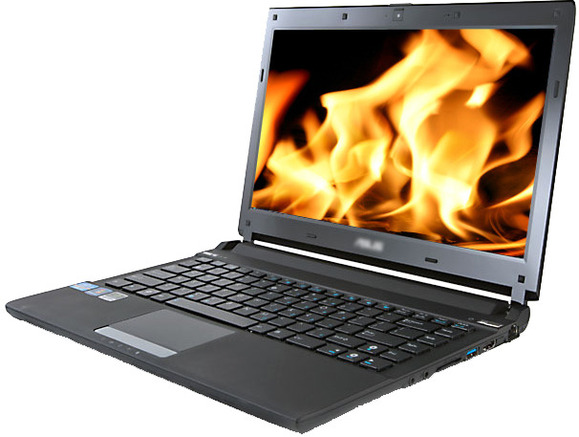Guides
How To Determine The Cause Heating Your System Like Furnace

Heat is computer’s enemy. Computers or laptops are designed with heat expulsion and ventilation which prevent them from overheating. Many reasons may cause your system to heat up; it is important that you determine the cause heating your system.
If it is heating too much, it tells that your computer is damaged. It will suddenly shut down or show the blue screen this way you may lose your data.
How To Determine The Cause Heating Your System
Too much heating can cause increasingly computer damage, sudden shutdowns or appearance of the blue screen that will result in data loss. It is important to prevent the cause heating your system up.
- Laptop
We developed a habit of browsing on the bed which is one of the main cause heating your system. Many laptops are designed with their air explosion system (on the bottom of a laptop) so setting it down on soft bedding or carpet for using is not a good idea. You will be surprised that how quickly it will overheat your laptop. If this is a habit, you can use a laptop stand to keep the airflow unobstructed.
- Desktop Computers
The CPU and graphics card produce much more heat when running (demanding) applications. If your computer has a problem regarding a cooling system, an excess of heat could even physically damage its components.
Overheating can make system instability issues like sudden shutdown, screen freeze or showing the blue screen, especially while you play PC games or encoding video.
This can happen because of following cases:
- Your computer’s case may be full of dust
- The fan may have failed inside the Computer
- Something may be blocking your computer’s vents,
- You have a compact laptop which is not designed to run at maximum performance for hours on end.
Monitoring Computer Temperature
Different CPUs (graphics cards) have different ranges of temperature. So be sure when checking your computer’s documentation (its CPU and graphics card specifications) which let you know the ranges of temperature, your hardware can handle.
You can check your computer’s temperatures by different ways. You may know your computer temperature in your computer’s BIOS or UEFI settings screen.
There are several tools you can use to see the temperature of you PC, by the simple Speccy, or you can use another advanced tool like SpeedFan. HWMonitor also offers this feature, displaying a wide variety of sensor information.
How To Prevent Your Computer Or Laptop From Overheating
Keeping your computer usage within safe temperatures is very important, especially as the temperature keep rising outside.
- Dust Out Your Computer’s Case: Dust stores in desktop PC cases and also inside laptops over time, clogging fans and blocking air flow. This dust may be a cause of overheating and preventing your PC from cooling itself. So you should clean your computer’s case occasionally to prevent overheating.
- Ensure Proper Ventilation: Put the computer in an open place where it can ventilate properly. If you have a desktop computer, put away from a wall so that the computer’s heat can be quickly expelled. If it’s a laptop, be careful not to block its air vents or fan, mean, don’t put it on the bed or carpet, etc.
- Check if Fans Are Running: If your computer is overheating and you are not sure that why your computer started overheating, open its case and check that all the fans inside the case are running or not.
- Tune Up Heat Sinks: One cause heating your system is that its heat sink may be not correctly seated. So you should remove the heat sink and before resetting the heat sink, re-apply the new thermal paste.
Conclusion:
These are the following ways you can prevent above mentioned causes that are heating your system up. By preventing this, you can increase the durability of your computer.










